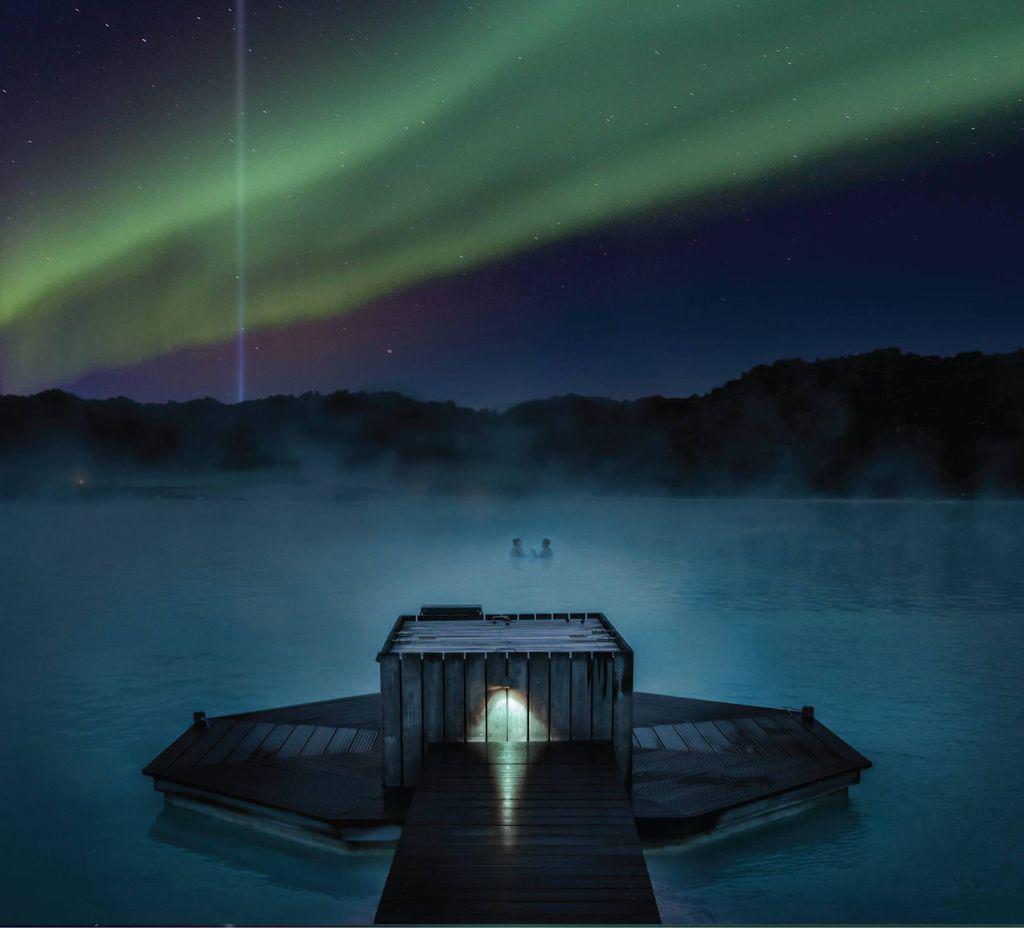Solstice

From our room in Reykjavík, we move to the balcony and watch the beacon break the night in two.
“It’s like the bat signal,” my wife says.
What we’re looking at is the Imagine Peace Tower, a beam of dense, white light cooked up by Yoko Ono and probably a tourism bureau or two.
This is Iceland, and today is the Winter Solstice.
In the room, my cell rings. I move to answer it, but Maria holds me by the sleeve.
“What if it’s your mother?” I ask.
“What if it is?” Maria asks.
“It could be an emergency.”
“They’re fine,” Maria says. “In Florida, it’s four in the afternoon. Nothing bad happens at four in the afternoon.”
The phone quiets. I zip up my coat and tighten my scarf. A thermometer on the wall reads two degrees, which throws me until I see I’m reading Celsius.
I’m still struggling to convert the temperature to Fahrenheit when the phone rings again, and I leave Maria on the balcony. It’s her mother at our home in Pensacola.
“I can’t find the colander,” she says. “I’m trying to strain pasta, and I swear this kitchen has no colander.”
“Above the microwave,” I say.
“Abovethe microwave,” Maria’s mother says. “I see. Hold on.”
There’s a rattle of pans, then Kate’s in the background, laughing. The TV is on, tuned to the show with the animals that pilot a submarine and rescue marine mammals in danger. The show’s educational, sort of. It beats princesses, though that’s a low bar.
“I swear all this child eats is mac and cheese,” Maria’s mother says.
“You found it?” I ask.
“Found what?” she asks before saying, “Oh, the strainer. Yes, it’s here. It’s plastic. For Christmas, I’m buying you a nice metal one.”
“Well,” I say, “thanks again for watching Kate.”
“Hold on,” she says. I hear water gushing into the sink, then the clatter
You’re reading a preview, subscribe to read more.
Start your free 30 days